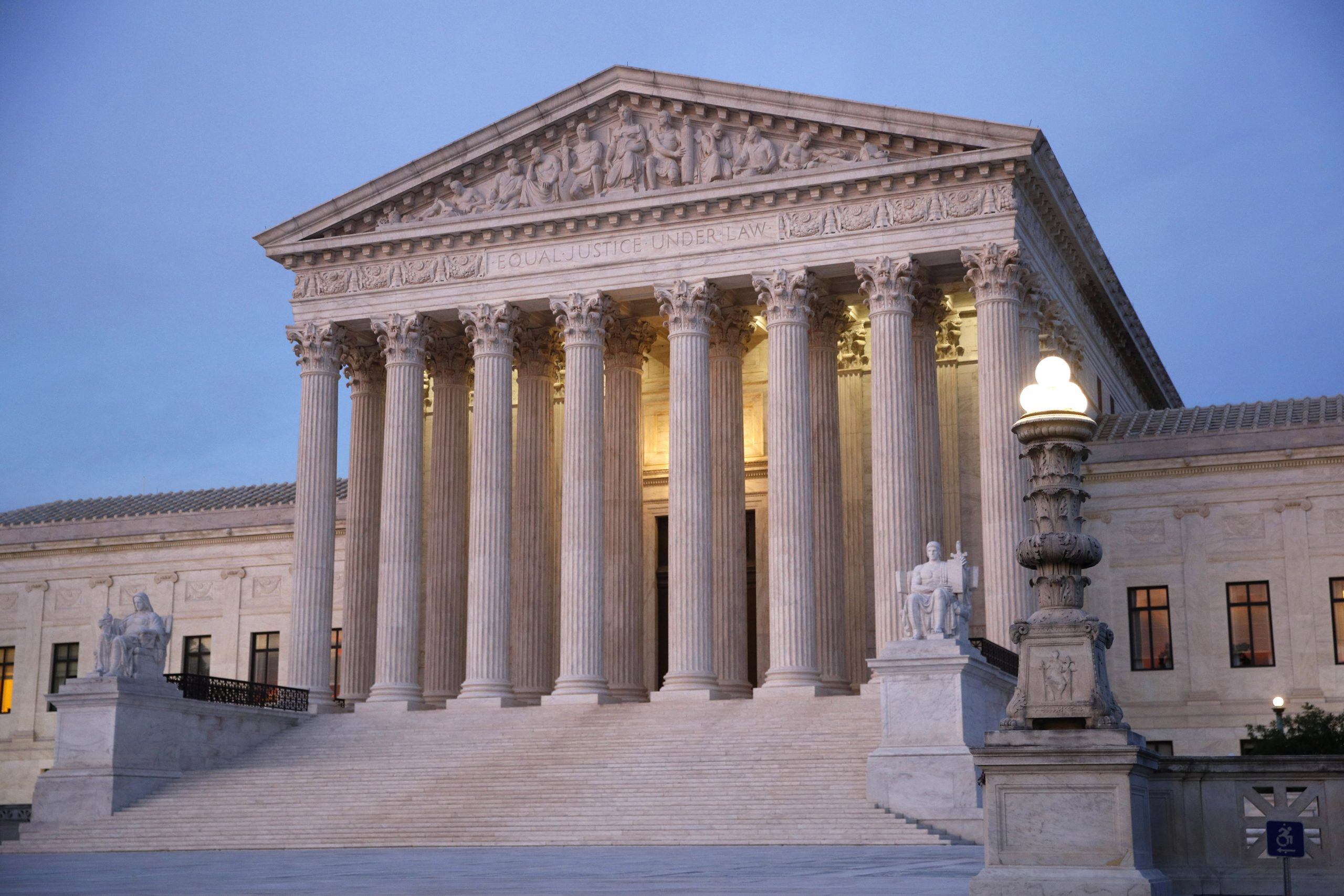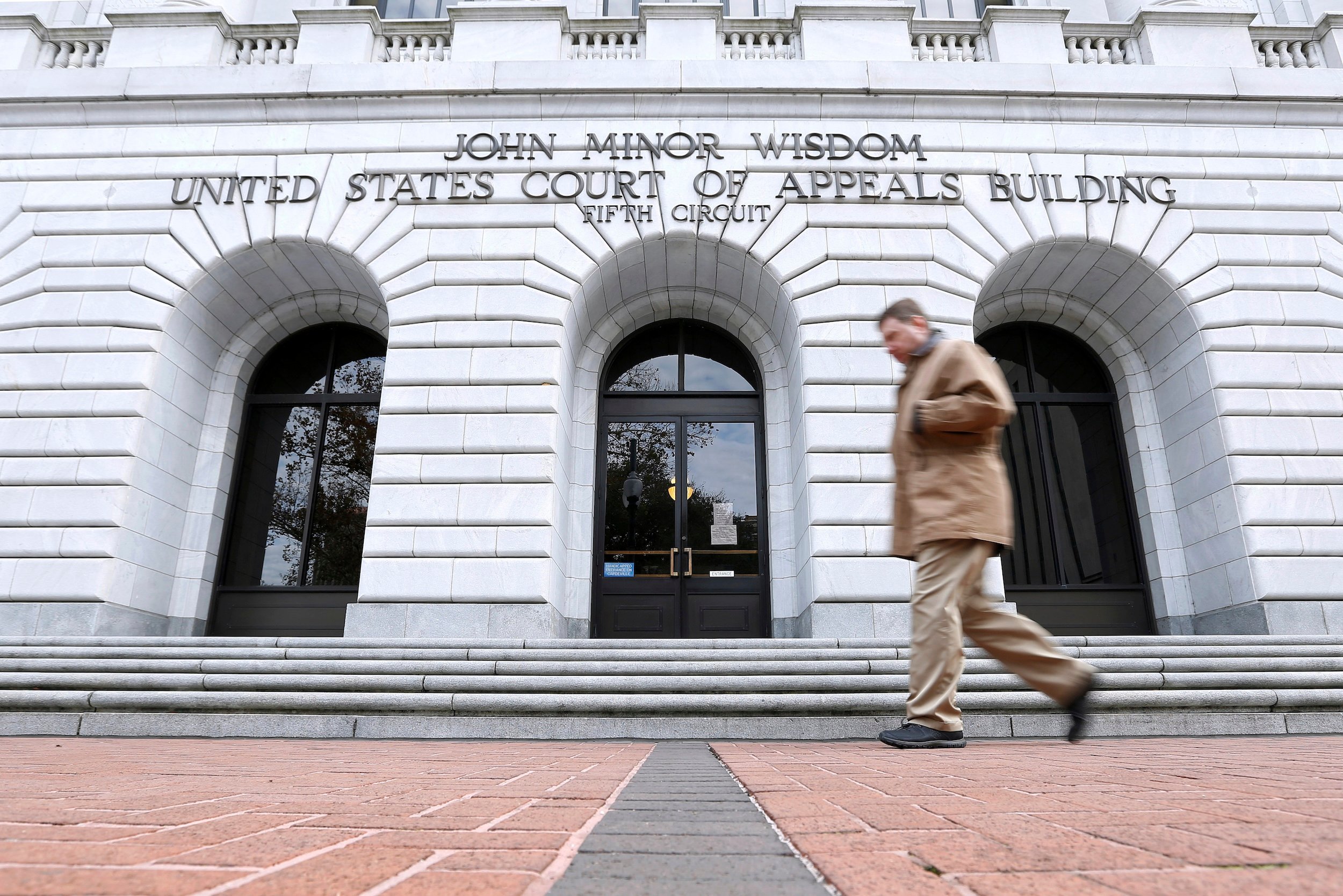What To Know Today
NEW from THE TRACE: NRA member revenue continues to plummet. The group collected $97 million in dues in 2021, according to an annual financial report released at the NRA convention in Houston. That’s the lowest figure since 2006, when member revenue was $72 million, and a 43 percent drop from a recent high of $170 million in 2018. The annual report put total revenue from all sources for the NRA and its affiliated nonprofits at $282 million in 2021, down from $329 million in 2020, a 14 percent drop. The organization and its affiliates spent $246 million in 2021, the report states, so they finished in the black overall. As reports from The Trace and The Reload have shown, the NRA has managed to climb out of the red through deep, organization-wide, spending cuts. Will Van Sant has more.
Two former SCOTUS clerks on what the country gets wrong about Heller. In 2008, the Supreme Court in D.C. vs. Heller held that the Second Amendment conferred an individual’s right to keep and bear arms in the home. John Bash worked for the late Justice Antonin Scalia who authored the opinion in the case, and Kate Shaw worked for the late Justice John Paul Stevens who wrote the dissent. While they disagree about gun policy and the permissible scope of gun laws, they write in a joint New York Times op-ed that both progressive and conservatives are wrong when they attribute a lack of any new major federal gun laws since then — like universal background checks — to the court’s interpretation of the Second Amendment in Heller.
They write: “Most of the obstacles to gun regulations are political and policy based, not legal; it’s laws that never get enacted, rather than ones that are struck down, because of an unduly expansive reading of Heller. We are aware of no evidence that any mass shooter was able to obtain a firearm because of a law struck down under Heller. But Heller looms over most debates about gun regulation, and it often serves as a useful foil for those who would like to deflect responsibility — either for their policy choice to oppose a particular gun regulation proposal or for their failure to convince their fellow legislators and citizens that the proposal should be enacted.”
Uvalde police, school district leaders reportedly not cooperating with state review of law enforcement response. Citing law enforcement sources, ABC News reports that the top officials in the Uvalde Police Department and the Uvalde Independent School District’s police force have not cooperated with the Texas Department of Public Safety’s probe following a Friday news conference where DPS Director Steven McCraw said police made “the wrong decision” in waiting to go into the classroom where a gunman murdered 19 people. However, The New York Times‘ Houston bureau chief reported that while the Uvalde school district police chief had not responded to the DPS in several days, other members of each force were still in contact with the DPS. The Justice Department is separately reviewing the police response amid widespread public criticism and shifting accounts of what happened. State authorities update a key narrative detail: On Friday, McCraw also said the gunman had entered a classroom through a door left “propped open by a teacher.” But yesterday, a DPS spokesperson said the educator had closed the door, but it “did not lock as it should … and now investigators are looking into why that was.”
New York legislators unveil a package of stricter gun regulations. Following the Buffalo shooting, Governor Kathy Hochul and Democratic leadership in the state introduced bills that include requiring gun licenses (with a minimum age of 21) to purchase semiautomatic rifles, banning the sale and purchase of body armor for civilians, and expanding the list of people who can file protection order petitions under the state’s red flag law. Two weeks ago, Hochul signed an executive order that compelled State Police to train and instruct its officers to file red flag orders. Chip Brownlee has more here.
Brooklyn subway shooting survivor files lawsuit against Glock. Last year, New York state passed a law that allows gun companies to be sued for creating a “public nuisance” that endangers public health. The law provides a way to sidestep the 2005 federal law that shields gun makers and sellers from civil liability. On Tuesday, a 49-year-old survivor who said she was seriously wounded in the April shooting that left 10 people injured from gunfire sued Glock and its parent company. “Glock knows that by oversaturating the market with guns, the guns will go to the secondary markets that serve illegal purchasers,” the suit states. Last week, a federal judge dismissed a gun industry challenge to the New York law.
Listen: The Trace’s Jennifer Mascia appeared on 1A, a radio news show from WAMU and NPR, alongside UCLA law professor Adam Winkler and Duke law professor Darrell Miller. They spoke about Congress’s response to recent mass shootings and the upcoming SCOTUS case that could invalidate several states’ gun permit requirements.
Data Point
40 — the number of people, ages 9 to 64, who were shot in Philadelphia during the Memorial Day holiday weekend. At least 13 of them died. [The Philadelphia Center for Gun Violence Reporting]

